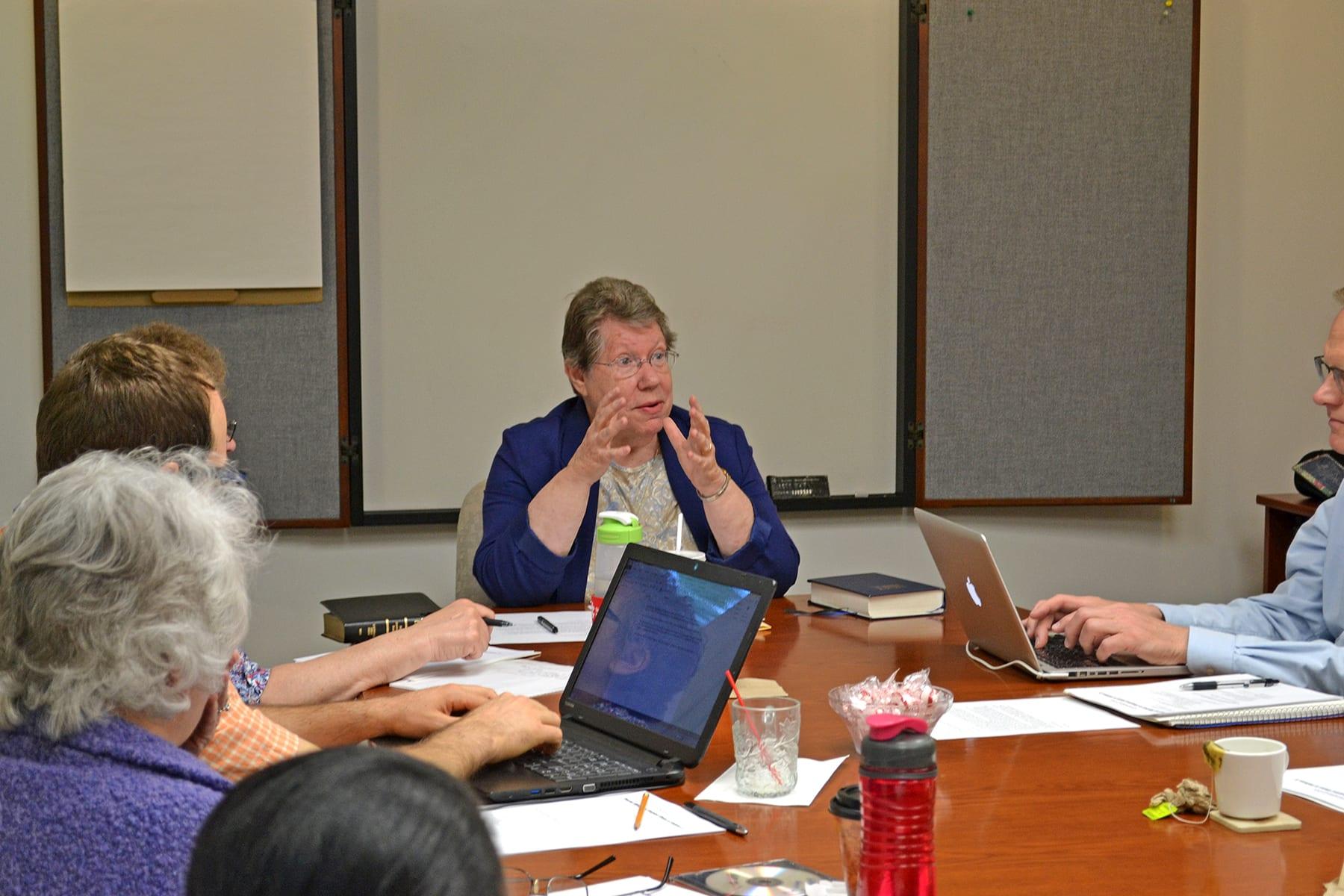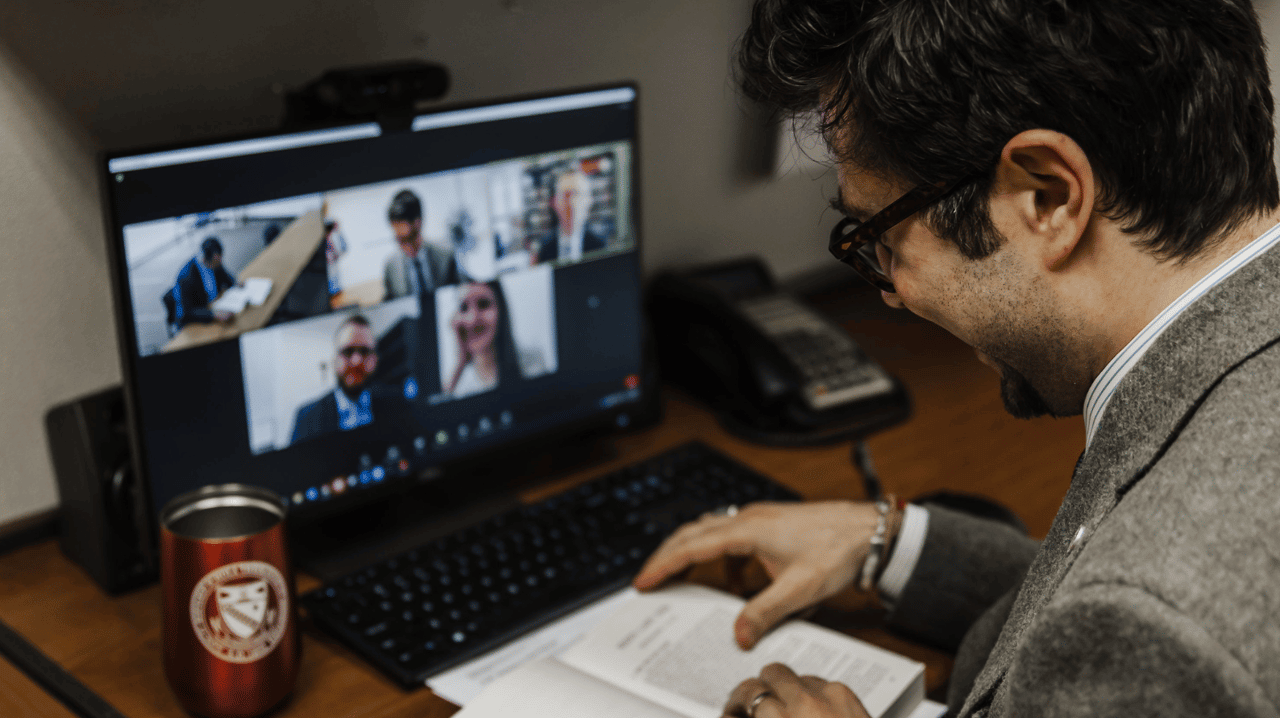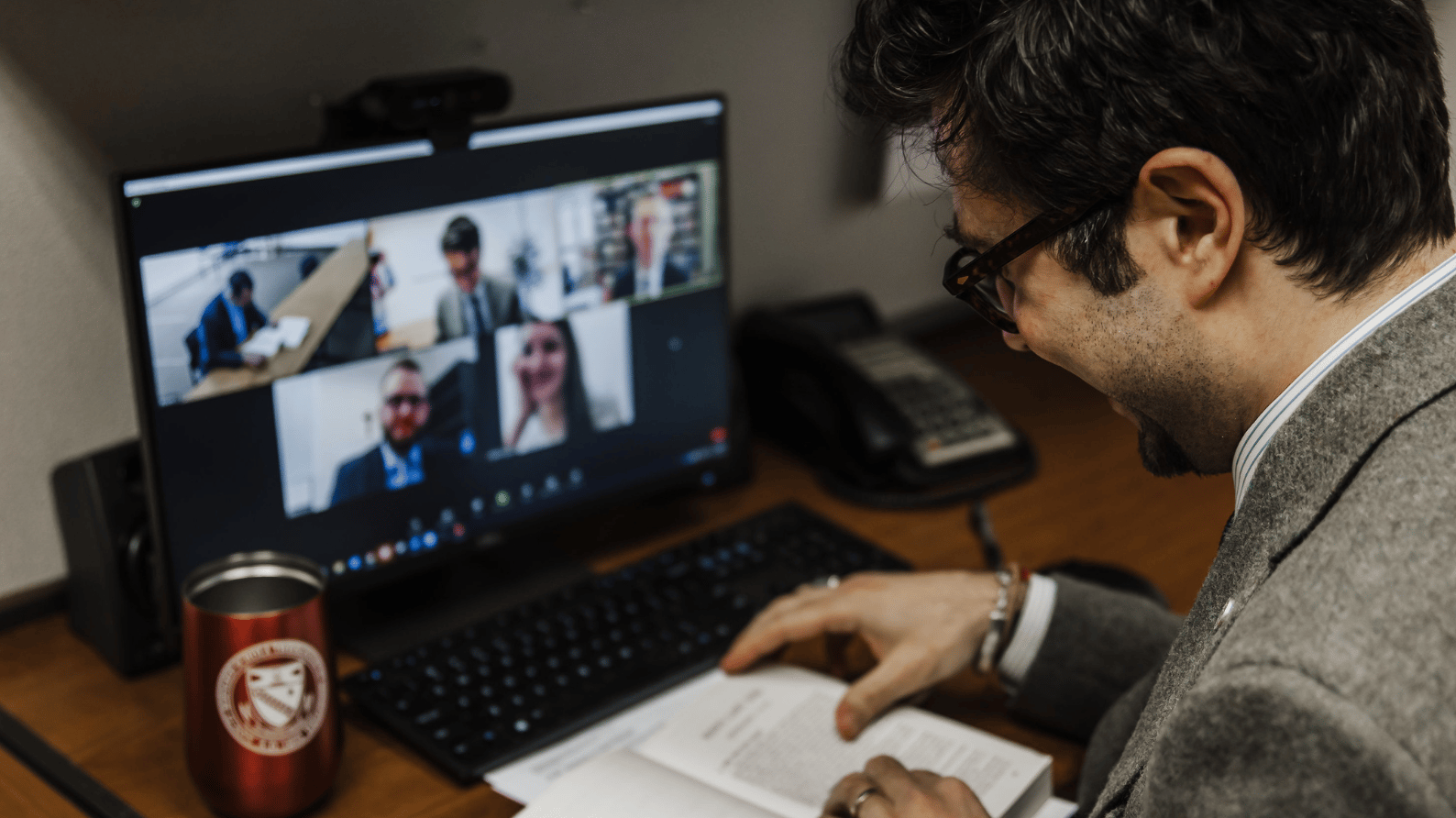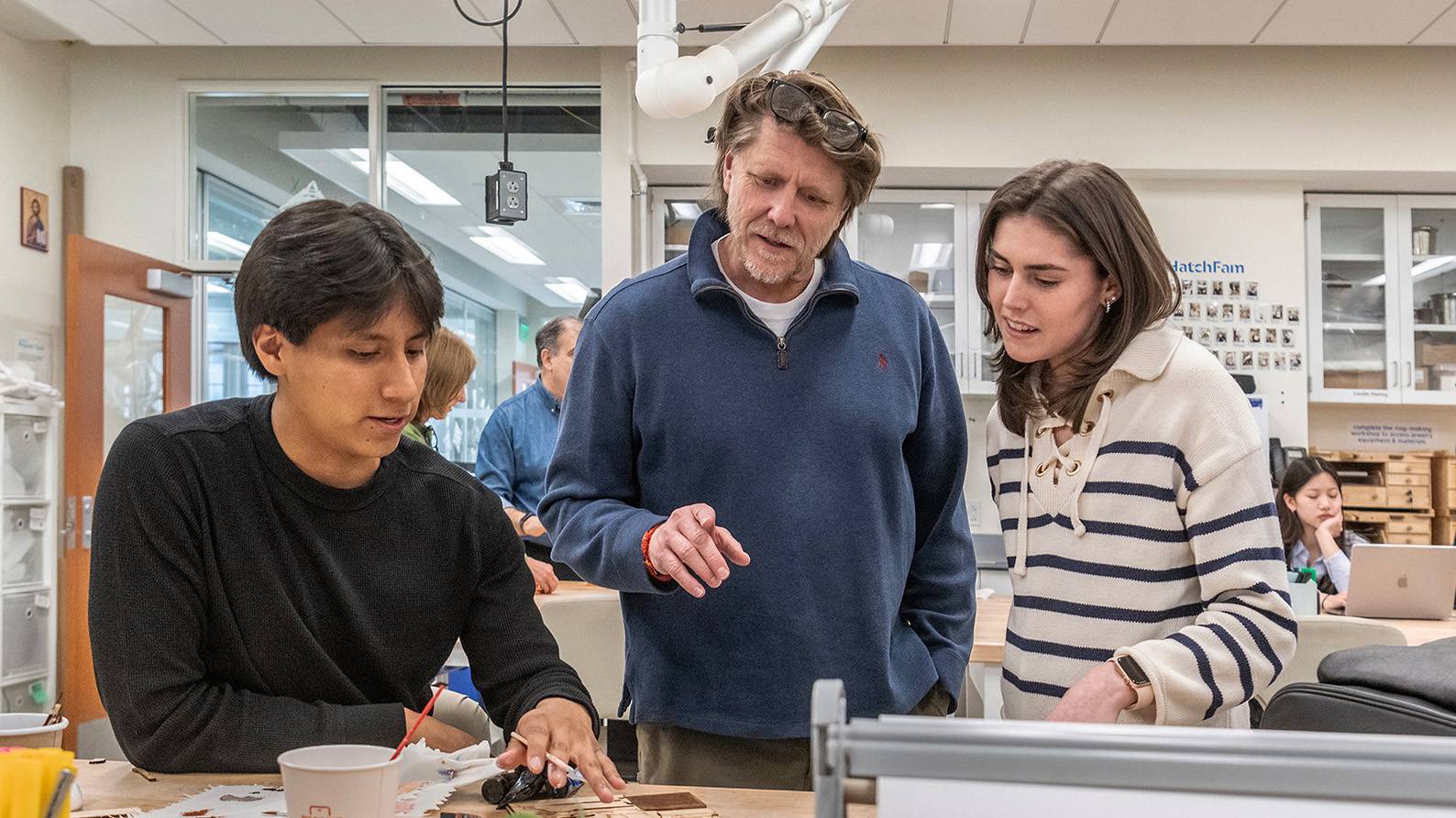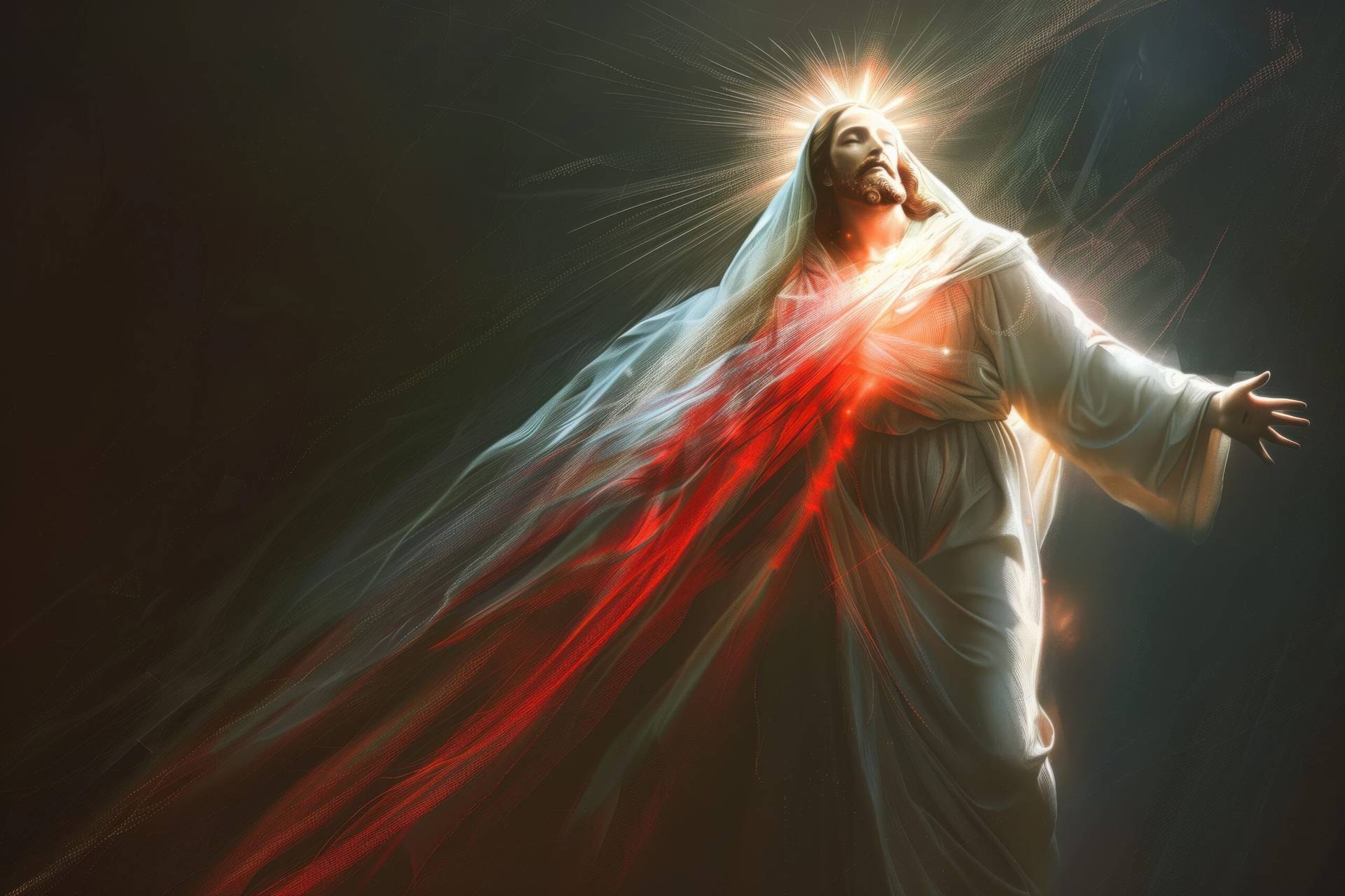[The following is paid advertising from the Sisters of the Precious Blood.]
On October 31, 2017, the Christian world will celebrate the 500th jubilee of Martin Luther’s nailing of his famous “Ninety-five Theses” to the door of All Saints Church in Wittenberg, Germany. Most Catholics would acknowledge this as an important date to commemorate in the Protestant world.
But what about for Catholics? To be sure, it is also an important commemoration for us. How so?
First, Catholic participation in various commemorative events would acknowledge the tremendous strides we have made since the Second Vatican Council and its promulgation of Unitatis redintegratio, the 1964 Decree on Ecumenism.
At the local, national, and international levels we have taken seriously this document’s opening statement: “The restoration of unity among all Christians is one of the principal concerns of the Second Vatican Council.”
The Decree goes on to note that there have been divisions in Christianity in both the East (dating to the early Christological heresies, for example; and, most notably, the Great Eastern Schism of 1054 A.D.) and divisions in the West, most notable of which is the Protestant Reformation (see no. 13).
Ecumenical achievements have been made in the past half century concerning both doctrine and worship. Being a liturgical theologian, my ecumenical work has largely been in the area of worship where there is a surprising amount of agreement.
There is mutual recognition of baptism among a large number of Christian denominations. This means that if a Protestant wishes to become a Catholic, or a Catholic decides to become a member of a Protestant denomination, generally the baptism is accepted and not repeated, provided baptism has been celebrated with water and the Trinitarian formula (see Matt 28:19).
The import of mutually recognized baptism is that we Catholics are members of the Body of Christ with our Protestant brothers and sisters.
Contrary to the belief of some Catholics, some Protestant denominations do believe in the real Presence of the risen Christ in the Eucharist, although they would not use the doctrine of transubstantiation to explain the change in the bread and wine into the very Body and Blood of the risen Christ. It is no small ecumenical achievement that some Protestant denominations actually have included one or other of the Roman Catholic Eucharistic Prayers in their various books of worship.
The liturgical renewal brought about by Sacrosanctum Concilium (The Constitution on the Sacred Liturgy) has had a great impact on the way some Protestant churches worship. Significantly, after the promulgation of the first English translation of the Roman Lectionary, a Common (Revised) Lectionary was published.
This had a two-fold impact. First, Catholics and many Protestants were now hearing the same readings at their Sunday liturgies. Second, the Common (Revised) Lectionary encourages greater attention by Protestants to the unfolding of the liturgical year.
While all prayer/worship has at its foundation tenets of faith/doctrine (the ancient principle, lex orandi, lex credendi), the primary purpose of prayer/worship is not to expound tenets of faith/doctrine but to give God glory, praise, and thanks.
One way to commemorate the Reformation in 2017 is to make a concerted effort to promote ecumenical worship around themes that are part of significant worship practices for both Protestants and Catholics. These include, for example, the power of the word of God, God’s overwhelming goodness to us, the graciousness of creation, the call to holiness, God’s abiding divine Presence and help.
So often our regard for the “other” (Protestant or Catholic) is based on inadequate or incorrect knowledge. For example, some Protestants believe that Catholics worship Mary and the saints; some Catholics believe that all Protestants regard Holy Communion as merely a symbol and not truly Christ’s Body and Blood given for us. Both statements are incorrect and need to be greatly nuanced in conversations. Various kinds of education programs could address misconceptions about what each other accepts as true.
We should embrace all that is common to us as our primary conversation starter and basis for relationships. We all share in Christ’s mission to bring salvation to all. We need to commit ourselves to growing in the holiness to which we are called. We need to emphasize what is good and shared by us Christians, for example, a commitment to living the Gospel, caring for others, regarding others as Christ would.
We need to embrace the ecumenical dynamism that has been ongoing for a half century and do so with a genuine will to overcome our differences and heal divisions. We need to embrace the principle that divisions are healed when all understand that everyone must give a little to come to unity. We need to internalize a vision of unity as a valued goal that is achievable. We need to embrace that the other is good and holy as we are.
This five-hundredth jubilee of the beginning of the Protestant Reformation is significant for Catholics because it reminds us of the divisions among the Christian churches at the same time it calls us to celebrate the many ecumenical achievements that have been realized. It calls us to pray for one another, that our hearts may be open to the goodness and truth we share.
It urges us to learn more about our own Catholic faith as well as appreciate the depth of faith our Protestant brothers and sisters live. It helps us realize just how human an institution our churches are and begs us to admit and be sorry for hurtful judgments and actions, both past and present, and move forward with genuine charity and desire to be one in Christ.
We Catholics are probably not ready to introduce Martin Luther onto our calendar of saints. But we can thank him for reminding us that, ultimately, Christian unity will be achieved when we live out of the simple fact that the Church is that of Jesus Christ, guided by the Holy Spirit, all to the praise and glory of God.
Joyce Ann Zimmerman, C.PP.S., Ph.D., S.T.D., is the director of the Institute for Liturgical Ministry in Dayton, Ohio; adjunct professor of liturgy at the Athenaeum of Ohio; a liturgical consultant; frequent speaker and facilitator of workshops on liturgy, spirituality, and other related topics; an award-winning author of numerous books and articles on liturgy and spirituality; and has received a number of national awards.
